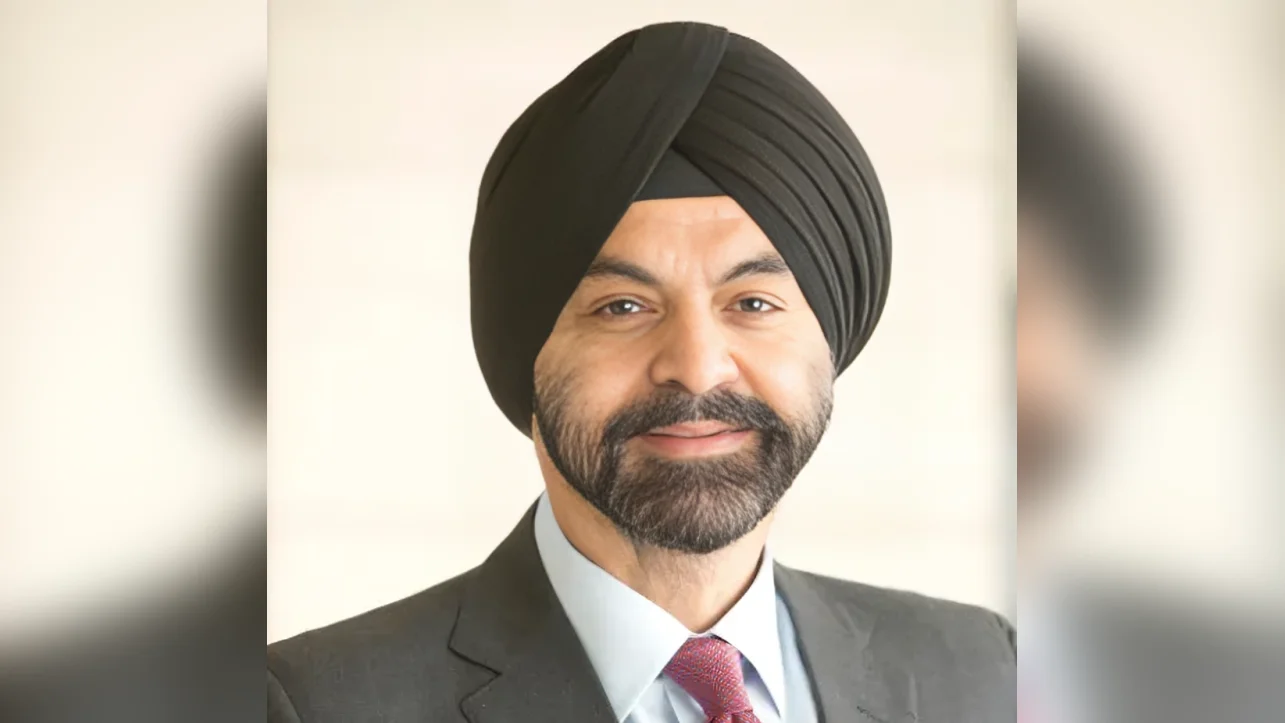A new project funded by the World Bank aims to bring Eswatini closer to universal energy access by 2030. The Accelerating Sustainable and Clean Energy Access Transformation (ASCENT) project is set to provide electricity to the remaining 12% of the population without access, focusing on remote and disadvantaged areas.
“This initiative is about the people of Eswatini, ensuring that every Liswati has access to electricity. Eswatini remains committed to universal energy access, as reaffirmed in our endorsement of the Dar es Salaam Energy Declaration at the recent Mission 300 Africa Energy Summit,” stated Deputy Prime Minister Thulisile Dladla.
The project will build on the existing Network Reinforcement and Access Project Eswatini, following an integrated approach for electrification in line with the country's Rural Electrification Plan and National Energy Policy 2018. ASCENT aims to connect 50,000 new households over five years, increasing connected households by 20% from 2023.
Both grid and off-grid solutions will be used to expand energy access in underserved rural communities, aiming to improve quality of life and economic opportunities. The project will also offer technical expertise for studies aimed at enhancing energy security and sector financial viability while supporting government goals for universal electricity access by 2030.
“The ASCENT Eswatini project deepens the World Bank’s engagement in supporting the country’s development priorities. Expanding energy access is vital for economic growth, better livelihoods, and improved service delivery. We remain committed to supporting Eswatini to achieve universal electricity access by 2030, aligning with global efforts for equitable and sustainable energy solutions,” said Satu Kahkonen, World Bank Country Director for Eswatini.
This ninth phase of the ASCENT program involves $39 million in concessional funding from the International Development Association (IDA), a $51 million loan from the International Bank for Reconstruction and Development (IBRD), and a $10 million performance-based grant from the Livable Planet Fund (LPF1). The initiative aims to help Eswatini meet Sustainable Development Goal 7 by 2030 while boosting renewable energy use.
“By addressing these critical areas, the ASCENT Eswatini project will not only bolster energy access but also play a pivotal role in advancing Eswatini’s development goals by improving living standards and fostering economic growth through reliable, inclusive, sustainable and clean energy,” commented Minister of Economic Planning and Development Thambo Gina.

